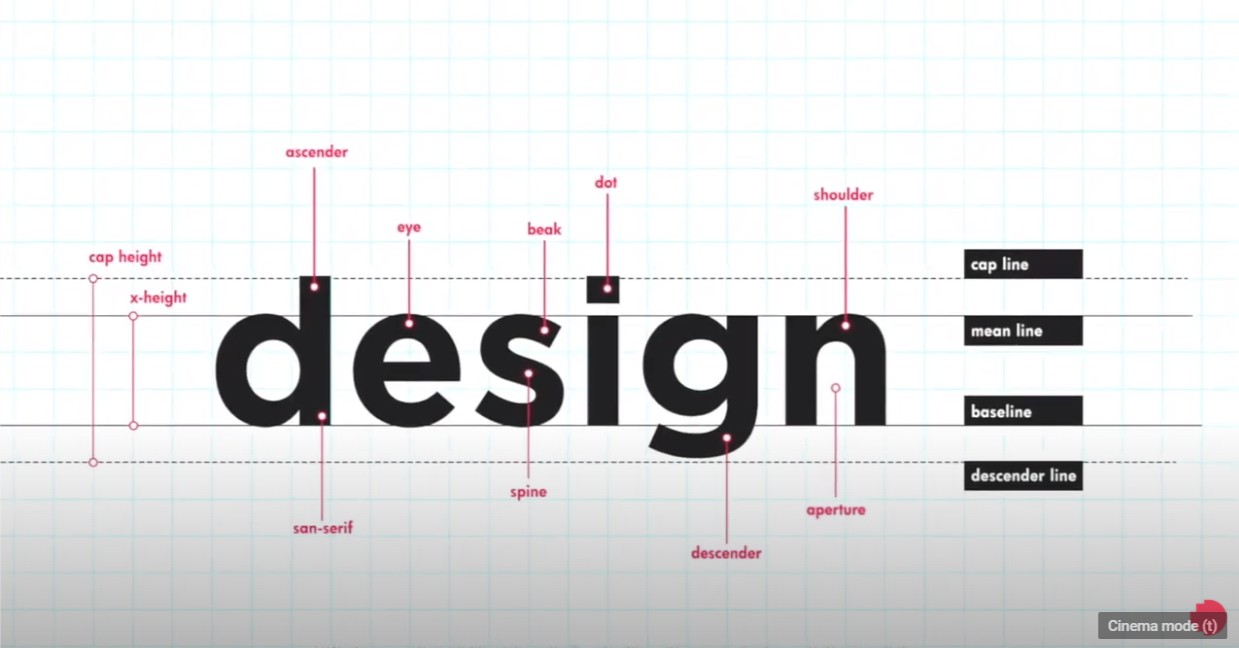- Study load
- Full time
- Program code
BP316
- Duration
- 3 years
- Application deadlines
-
06 Feb 2026
12 Jun 2026
09 Oct 2026
- Intakes
- Feb or Mar, Jun or Jul, Oct
- Location
- RMIT Saigon South
- RMIT Hanoi
- Program code
- N/A
- Application deadlines
- N/A
BP316
06 Feb 2026
12 Jun 2026
09 Oct 2026
Develop your creative credentials to become a multi-disciplinary designer in this fast-growing and dynamic industry.
This program is intended for highly motivated students who want to combine a broad design education with the opportunity to specialise in specific creative streams.
In your first year, you will be introduced to a range of foundational skills and theories, such as the elements and principles of design, drawing, typography, computing, design research and creative thinking. In your second year, you can choose to specialise in two of the following areas:
In each specialisation, you will learn up-to-date theories, skills and creative concepts, and apply them in studio projects. Design Studies at RMIT has strong links with creative industries and external stakeholders with opportunities available to work on real life projects and live commissions, which will enhance your learning experience and career opportunities.

The structure displayed shows the advised program structure and progression.
Studio V is a program that links students with industry partners, government agencies, non-government organisations and other community groups through creative projects. These live projects reflect social, environmental and economic issues affecting Vietnam.
* University elective: Students can choose from elective courses offered across the university in any program.
Choose two of the following specialisations:
Design Discipline Options consist of Three (3) Courses each. You must complete the Skills and Theory courses before doing the Project courses.
Program guides for RMIT Saigon South and RMIT Hanoi.
Teaching and learning in the Bachelor of Design Studies degree places strong emphasis on practical work and collaborative learning approaches through design studios, workshops and workplace learning. Your learning is structured so that you can learn essential skills and knowledge to become a creative designer and ready for the workplace.
Your engagement with industry will also include filed trips, guest talks and Work Integrated Learning (WIL) projects, where students work on real-life design projects with a range of NGOs, companies and clients such as Adidas, Bayer, ipa-nima, Maison Chance, LifeCenter, Limloop, Studio Jimmy Elias (Germany), and many more.
Your work will be assessed in a variety of ways to ensure that you can curate your skills across the range of areas. The assessment methods include creative responses to design briefs, design projects, research, presentations, essays, individual and group projects.
The Bachelor of Design Studies will enable you to develop knowledge and critical analysis skills relevant to contemporary design concepts and practice. Areas of study include theories and methods of design, skills development, including drawing and model-making, development of conceptual skills, design project management and studios, and applied design in workplace and social contexts.
RMIT provides world-class blended learning with both face-to-face and online experiences in a global network, a supportive community, and real-world skills.
Career opportunities can be found in:
Creative entrepreneur: Increasingly, RMIT graduates are setting up their own creative businesses and companies in the fast-growing world of design, media and communication in Vietnam and beyond.
When you successfully complete this program, you may be eligible for entry into an RMIT honours or postgraduate program in Vietnam and Australia.
Payments can be made each semester, on a course-by-course basis.
Fee program
|
Annual tuition fee(based on full time study load - 8 courses) |
Whole program fee(22 courses - 288 credits)
|
| 14,345 USD (indicative USD fee) ~ 375,840,000 VND |
43,035 USD (indicative USD fee) ~ 1,127,520,000 VND |
Successfully complete RMIT Vietnam English Advanced, or complete one of the following English proficiency tests:
For other recognised English results, please view English equivalency requirements.
There are no prerequisite subjects required for entry into this qualification.
RMIT does not accept scores from 'at-home' or 'online' testing.
For TOEFL iBT, any tests taken on or after 21 January 2026 must be the TOEFL iBT Australia test. TOEFL iBT results reported on a 1–6 score scale are not accepted.
Previous study and proficiency tests are recognised for two years from the completion date or test date to the program commencement date unless stated otherwise.
Where you have achieved more than one form of English language proficiency only the most relevant achievement will be considered in the admission decision.
Please contact the RMIT Vietnam Student Recruitment team for more information.
Don't meet the English language test scores? Successfully complete English for University for entry into this program.
Come from a partner institution? RMIT has pathway arrangements with many partner institutions around the world. If your institution has a pathway arrangement with RMIT, you may be able to receive credit and reduce the time it will take to complete your preferred RMIT program.
Find out if your institution has a pathway arrangement with RMIT.
If you have qualifications from an institution that is not an RMIT partner, credit into your RMIT program will be assessed on a case-by-case basis.
Please contact the RMIT Vietnam Student Recruitment team for more information.